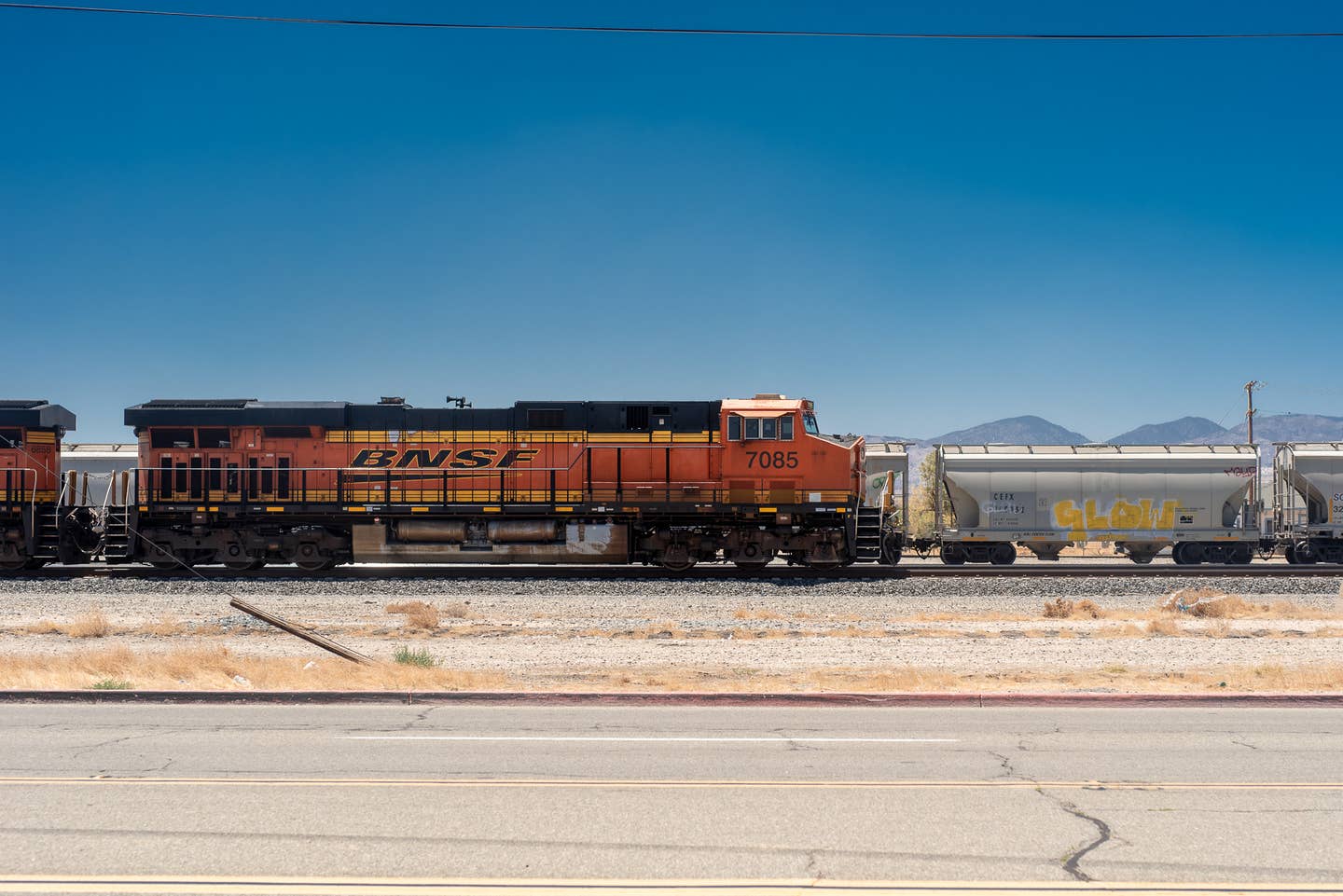The much-anticipated return of the 2023 Acura Integra has hit a snag, particularly in the southwestern United States where availability is scarce. Representatives from Honda, as reported by The Drive, have highlighted ongoing freight rail issues as a major obstacle in getting the Acura Integras delivered to dealerships. A BNSF Railway embargo on vehicle shipments to California has only worsened the situation.
Honda continues to grapple with significant supply chain challenges that have put their manufacturing operations in a precarious position. These shipping complications persist even after production of Hondas and Acuras is completed.
According to Dave Gardner, Executive Vice President of Business and Sales at American Honda Motor Company, the bottlenecks in the supply chain, particularly in moving products, are a source of frustration. Gardner mentioned the challenges in distributing the new Integra to west coast dealers due to rail embargoes caused by congestion at railheads.
For instance, a quick search for new Integras reveals only 16 units available within a 100-mile radius of Los Angeles, as opposed to 120 units within the same radius of New York City.
The challenges with freight rail in 2022 have been significant, characterized by staffing shortages and congestion at ports and other facilities. Data from the United States Surface Transportation Board, as reported by Wired, indicates that railroads have reduced their workforce by 29%—equivalent to 45,000 workers—over the last six years, a situation exacerbated by pandemic-related furloughs. The punctuality of trains dropped from 85% arriving on time before the pandemic to 67% by late May 2022.
To address the staffing shortage, BNSF Railways imposed a ban on shipping automobiles by rail to California, as reported by Trains. This decision was predominantly due to the challenges faced in its California and Southwest Divisions. The embargo is expected to be lifted on Sept. 4.
Victoria Scott
Jessica Fini, Senior Manager of Public Relations at American Honda Motor Company, clarified to The Drive that the rail embargo referenced by Gardner significantly contributed to the scarcity of new Integras at dealerships and that the rail challenges have intensified since the vehicle’s launch.
“We are facing delays due to extended transit times and a shortage of railcars across the entire North American Rail Network,” stated Fini in an email to The Drive. “While the rail transit delays did not affect the initial Integra launch in June, subsequent deliveries to west coast dealers in July and August experienced rail delays impacting both Integra and other Honda and Acura models.”
Meanwhile, Fini mentioned that Honda is exploring alternative shipping methods by using different railhead locations and increasing the use of trucks. “By implementing these alternatives and collaborating with carrier partners, we are striving to maintain shipment rates in line with production schedules.”
If you haven’t spotted many Integras on the roads yet, it’s not due to lack of effort on Honda’s part. For those eagerly awaiting their own Integra, the lifting of the rail embargo is hoped to improve availability, barring any further obstacles. With a potential labor dispute on the horizon, as noted by Wired, involving approximately 115,000 rail workers and their employers, supply chain disruptions could escalate if an agreement isn’t reached by September 15, potentially leading to a strike by rail employees.
Have a tip to share? Reach out to the author at: stef@thedrive.com
